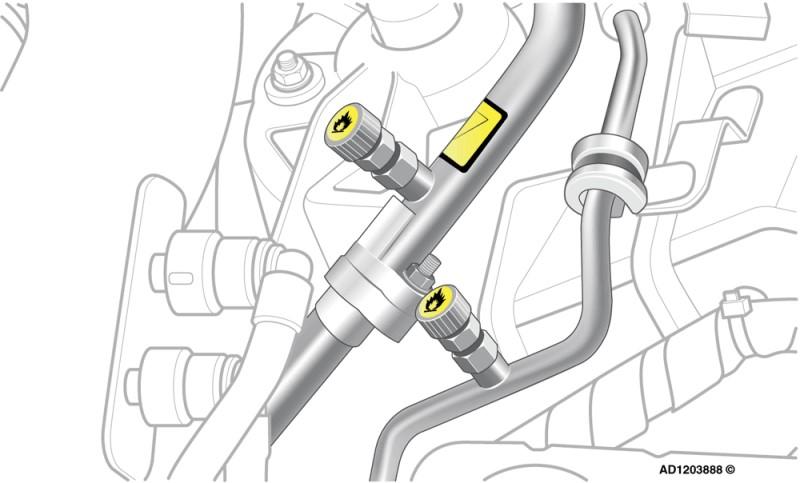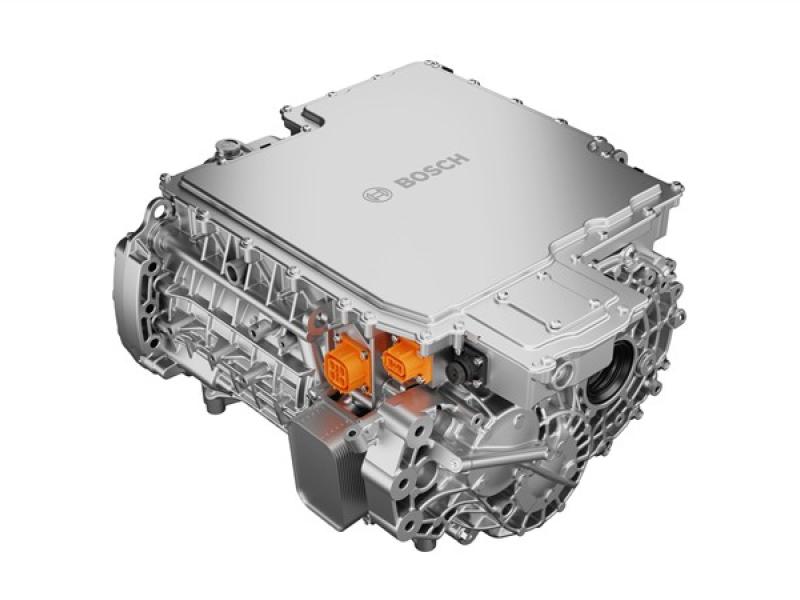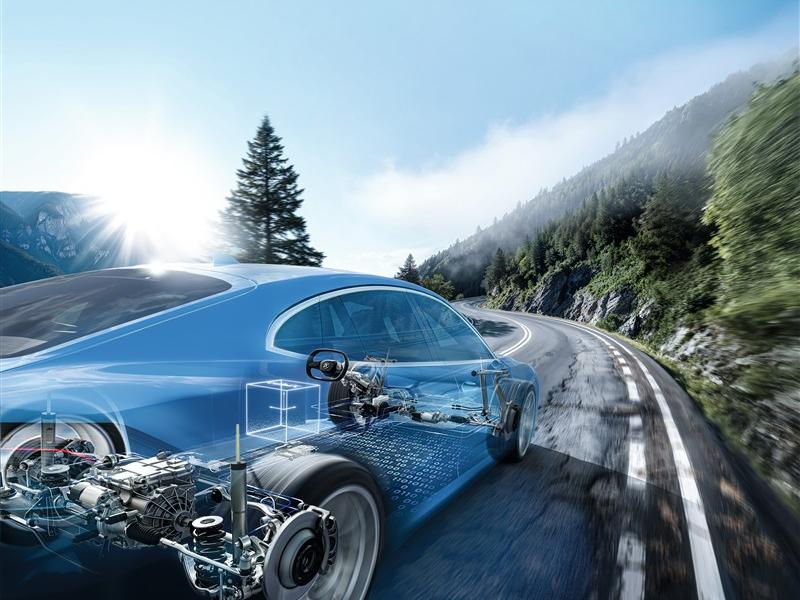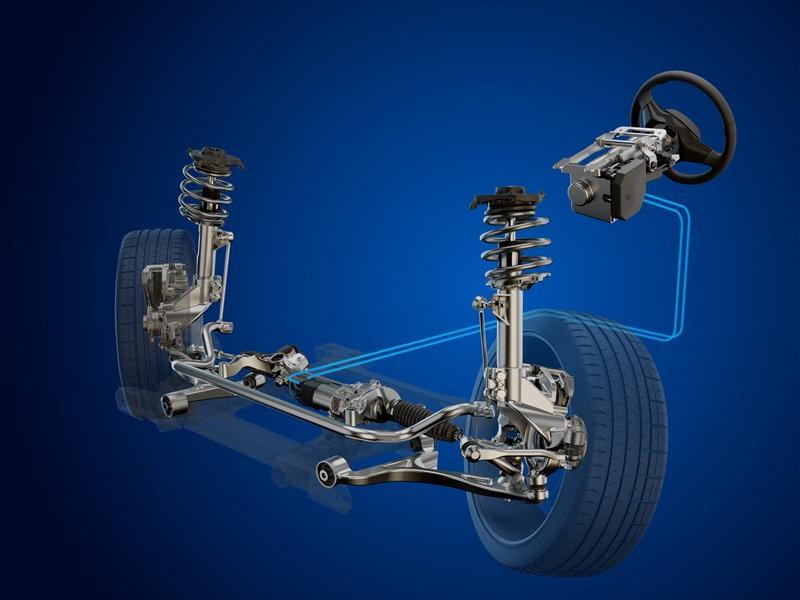Article courtesy Autodata
R134a is 1,430 times more damaging to the atmosphere than carbon dioxide (CO2). New vehicles are required by law to use a greener refrigerant. Is your workshop prepared?
R134a has been used in the automotive industry for more than 20 years. When compared to the progressive development of today’s vehicles and advances in other fluids and lubricants used in the motor industry, change in AC refrigerants is long overdue.
In 2011, the European directive 2006/40/EC came into effect. The new law required all newly designed cars and vans built for use in the EU, and equipped with air conditioning (AC) must use a refrigerant with a global warming potential (GWP) of 150 or lower.
The GWP scale measures how much energy a gas absorbs compared to the same quantity of carbon dioxide (CO2), over 100 years. The higher the number, the bigger the problem! CO2 has a GWP of 1, so the limit set by the European directive for new vehicle refrigerants is 150 times more damaging to the atmosphere than carbon dioxide (CO2).
R134a, the automotive industry’s refrigerant of choice before the new law was introduced, has a GWP of 1,430. With its global warming potential significantly higher than the amount set out by the new law, a new refrigerant had to be sourced to replace R134a.
Carbon dioxide (CO2) was considered due to its extremely low GWP, but test results revealed that it worked poorly in very hot climates and required much higher operating pressures. This raised concerns in the industry about safety and the increase in fuel consumption. A new refrigerant that met the requirements set out by the directive was eventually identified. HFO-1234yf or R1234yf, as it is commonly known, has a GWP of just 4. So, it’s easy to see why this refrigerant was selected to replace R134a.
When R1234yf was first introduced into the automotive industry, there were safety concerns about the new refrigerant’s flammability. However, due to the environmental benefits of a gas with such a low impact on the atmosphere, simple solutions have been adopted to utilise this gas. To ensure that the repair industry is aware of R1234yf’s flammability, refrigerant labels contain a flame and some manufacturers have even included this symbol on the service connector cap.
The service connectors are almost identical to those used on the R134a predecessor, but subtle differences ensure dedicated R1234yf charging systems must be used to prevent cross contamination, as these refrigerants cannot be mixed.
Due to the large number of R134a equipped vehicles, dual charging stations are available to cater for the legacy refrigerant as well as the ‘new kid on the block’ R1234yf. These consist of separate refrigerant tanks and hoses for evacuating and charging the AC circuits.
For those that already own an R134a charging station, specific R1234yf equipment is also available, making it an attractive proposition for workshops looking to delve into the R1234yf market.
However, the cost of the new refrigerant is currently significantly higher than R134a. Workshops offering recharge services should be mindful of this when planning any fixed price offers. For those looking to offer AC charging for the first time, any technician carrying out this work will also need to be F-Gas certified.
Autodata's dedicated Service Air Conditioning module provides technicians with all the manufacturer approved technical information required to safely and effectively service AC systems using both types of refrigerants. Visit www.autodata.com.






